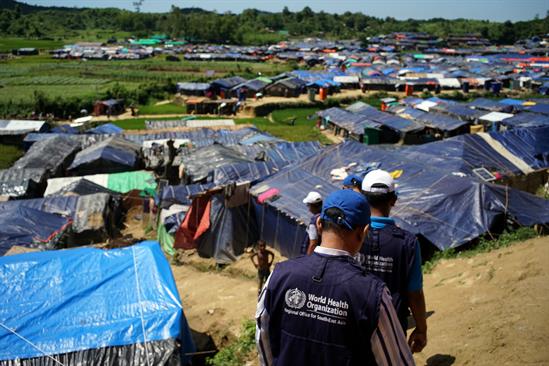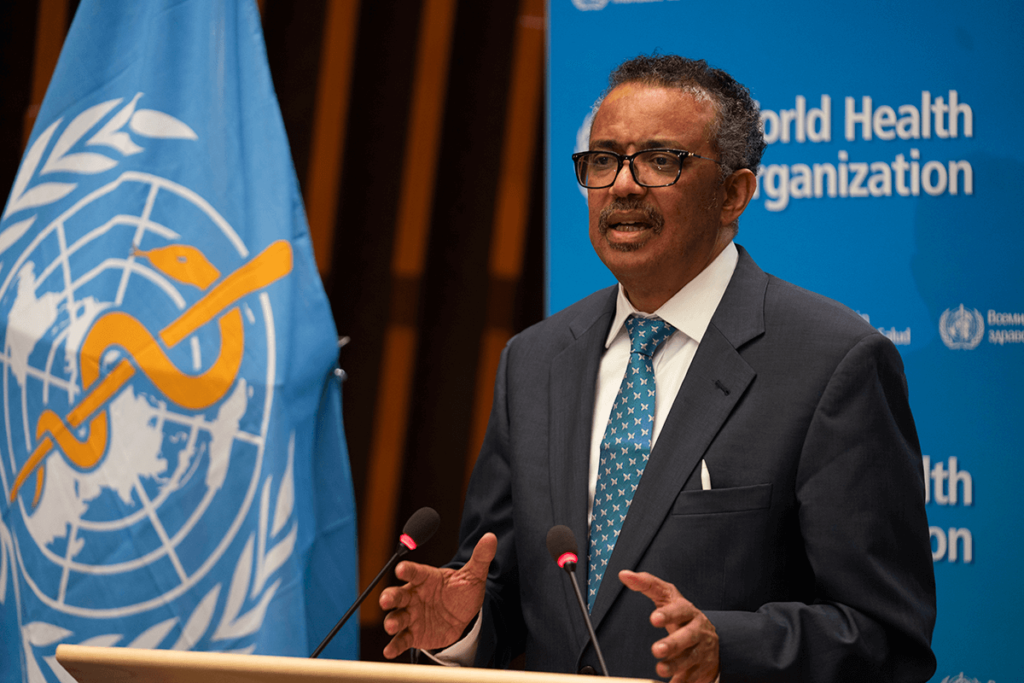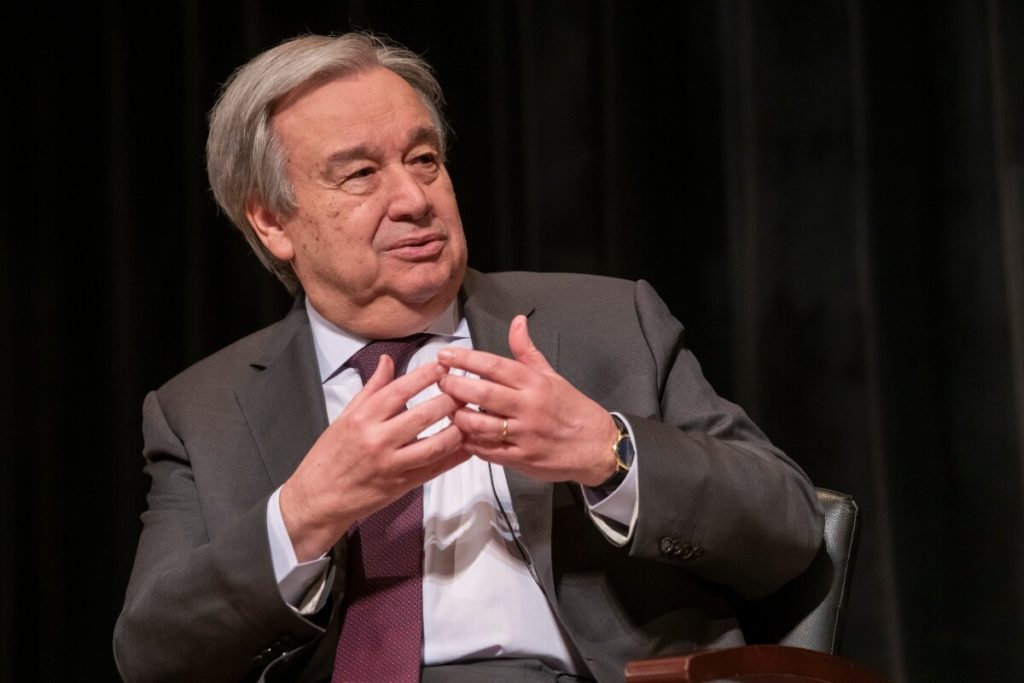WHO Foundation to support World Health Organization’s projects
Geneva, May 27 – The World Health Organization announced the creation of the WHO Foundation, a legally independent entity which it said can be trusted to implement a program called the “triple billion” goals.
Those goals are WHO’s five-year strategic plan to protect 1 billion people from health emergencies; extend universal health coverage to 1 billion people and assure healthy lives and wellbeing to 1 billion people by 2023. WHO has had difficulties to implement the goals because of funding problems and controversies about its handling of the coronavirus pandemic. It believes that the foundation will fill in the funding gaps as an independent grant-making entity and support WHO’s most pressing global health challenges
The WHO Foundation said in view of Covid-19 pandemic that it will initially focus on emergencies and pandemic response, and it will also raise and disburse funds for all WHO global public health priorities in full alignment with the WHO Member State adopted General Programme of Work.
“An important part of WHO’s future success is broadening its donor base and increasing both the quantity and quality of funds at its disposal,” said Tedros Adhanom Ghebreyesus, WHO Director-General. “The creation of the WHO Foundation, as part of WHO’s transformation, is an important step towards this goal, and towards achieving our mission to promote health, keep the world safe and serve the vulnerable. Today’s announcement is the culmination of more than two years of preparation and hard work by countless individuals and partner organizations. I would like to thank Professor Thomas Zeltner for spearheading this incredible adventure and founding the organization.”
The WHO Foundation, which is headquartered in Geneva and is legally separate from WHO, said it is “an independent grant-making foundation focused on addressing the most pressing global health challenges of today and tomorrow. By funding high-impact initiatives and advancing strategies of innovation, effectiveness, and rapid response, it will support the global health ecosystem. Headquartered in Geneva and legally independent from the WHO, the Foundation will work responsibly with individual donors, the general public and corporate partners to strengthen health systems globally. Specifically, the WHO Foundation will support global public health needs, from prevention, mental health, and non-communicable diseases to emergency preparedness, outbreak response and health system strengthening.”
It said it will “facilitate contributions from the general public, individual major donors and corporate partners to WHO and trusted partners to deliver on high-impact programmes. Its goal is to help broaden WHO’s donor base and work towards more sustainable and predictable funding. The WHO Foundation will simplify the processing of philanthropic contributions in support of WHO and make such contributions possible on all aspects of health and WHO’s mission.”
“The work of the WHO is vital for both safeguarding and promoting global health – a role that has become all the more crucial in light of the COVID-19 pandemic,” said Zeltner. “WHO’s achievements and contributions to global health and the wellbeing of humanity are tremendous, but we cannot take those accomplishments for granted. The WHO deserves a strong, independent, external advocate who can support and strengthen its impact. I am proud to lead these efforts and to create this missing piece in global health by establishing the WHO Foundation.”
Zeltner founded the WHO Foundation and is a former Secretary of Health of Switzerland and Director-General of the Swiss National Health Authority.
The WHO Foundation said in a press release that it is established under the laws of Switzerland, the Foundation has benefitted from the guidance of an Advisory Group that has included experts in global health, philanthropy, ethics, and finance. The Foundation’s Board will now assume all governance responsibilities and will review all strategic decisions and serve as the highest decision-making body of the Foundation. Founding Board Members are: Mr. Bob Carter, Ms. Clare Akamanzi and Professor Thomas Zeltner.
A Call to Action: Get Involved with the WHO Foundation
Global health matters for everyone, everywhere. The WHO Foundation is an exceptional opportunity to shape the future of global health together. Be part of this journey, donate now or engage in a long-term strategic partnership and contact the team at partnerships@whfoundationproject.org. Online giving is active at www.whofoundationproject.org, and tailored donations can be received by contacting donations@whofoundationproject.org. All donations made to the WHO Foundation are tax-deductible to the extent feasible by relevant national laws.
WHO Foundation to support World Health Organization’s projects Read More »





